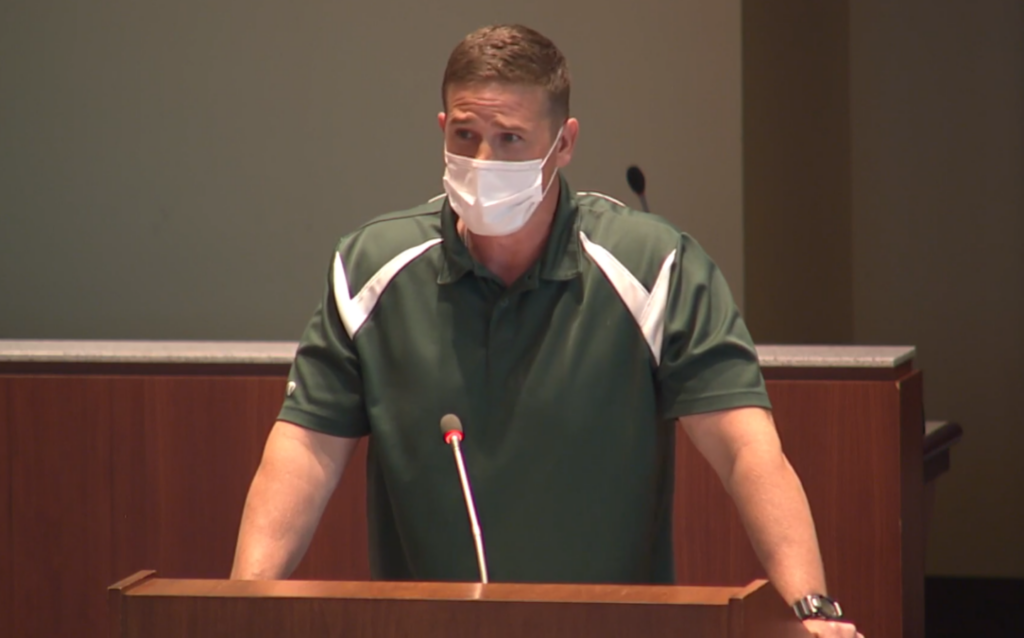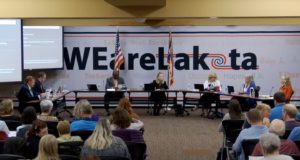Virginia Supreme Court Upholds Teacher’s Right to Express Opposition to Gender Policy
On May 25th, Byron Tanner Cross, a physical education teacher at Leesburg Elementary School, exercised his First Amendment right to free speech and created a firestorm when he addressed the school…

On May 25th, Byron Tanner Cross, a physical education teacher at Leesburg Elementary School, exercised his First Amendment right to free speech and created a firestorm when he addressed the school board regarding the school’s gender policy:
I’m a teacher, but I serve God first. I will not affirm that a biological boy can be a girl and vice versa because it’s against my religion. It’s lying to a child, it’s abuse to a child, and it’s sinning against our God.
He was placed on administrative leave and told by the district that he must stay off school grounds and could not attend school events. Cross sued saying his First Amendment right to freedom of speech had been violated and that the school district had unlawfully retaliated against him. Cross won in court but the school district appealed the decision. The case eventually made its way up to the state’s Supreme Court.
On August 30th the Supreme Court of Virginia found the Loudoun County Public School suspension of Cross unconstitutional. The Virginia Supreme Court justices wrote in their 14-page finding that:
although the [Loudoun school] Board may have considered Cross’ speech to be “a trifling and annoying instance of individual distasteful abuse of a privilege,” we believe Cross has a strong claim to the view that his public dissent implicates “fundamental societal values” deeply embedded in our Constitutional Republic.
With similar cases almost certain to appear in courts across the country based on new gender policies being adopted in many school districts, this ruling should encourage teachers and district employees to not only speak out according to their religious convictions, but also offers a legal pathway for them to keep their jobs if they do so.
It appears there is reason to hope that the Virginia decision could be applied elsewhere because later in the same 14-page finding the justices write:
Looking to federal precedent as persuasive, it is settled law that the government may not take adverse employment actions against its employees in reprisal for their exercising their right to speak on matters of public concern.
The justices also note, with a hint of caution, that “…only two cases have considered similar situations, and those cases support the conclusion that Cross has a potentially successful claim.”
Alliance Defending Freedom attorney, Tyson Langhofer, who represented Cross, stated, “Teachers shouldn’t be forced to promote ideologies that are harmful to their students and that they believe are false, nor should they be silenced for commenting at a public meeting.”
At this time it is unclear whether or not the school district will appeal to the nation’s highest court, but what does seem certain is that the matter of gender identity and how school districts will handle ‘the discussion’ is hardly settled.
Despite the decision, the school board recently approved Policy 8040 which states that transgender students have access to activities and school facilities which match their identity, as well as requiring employees of the school district to address transgender students by their preferred pronouns.



